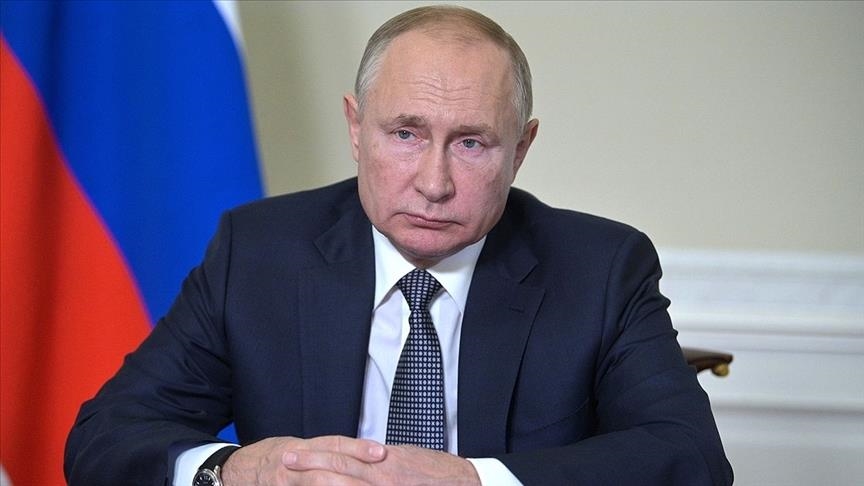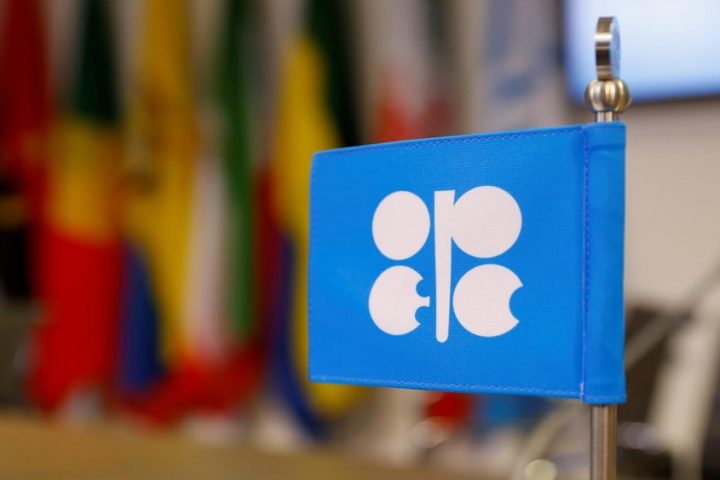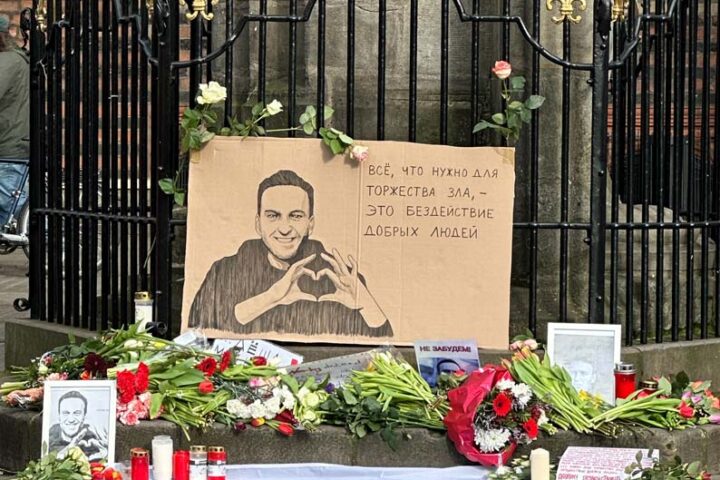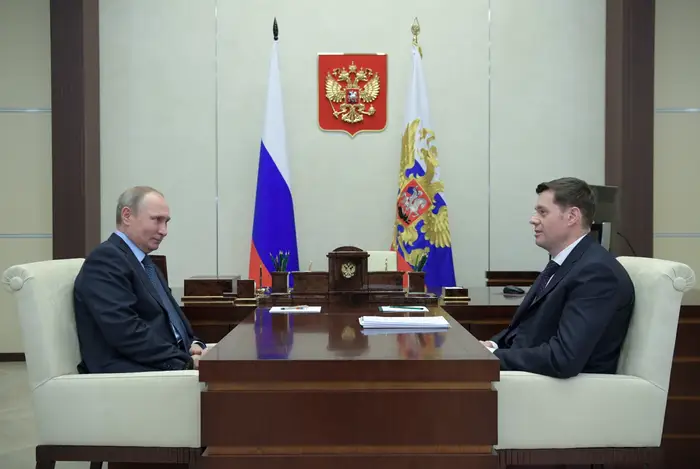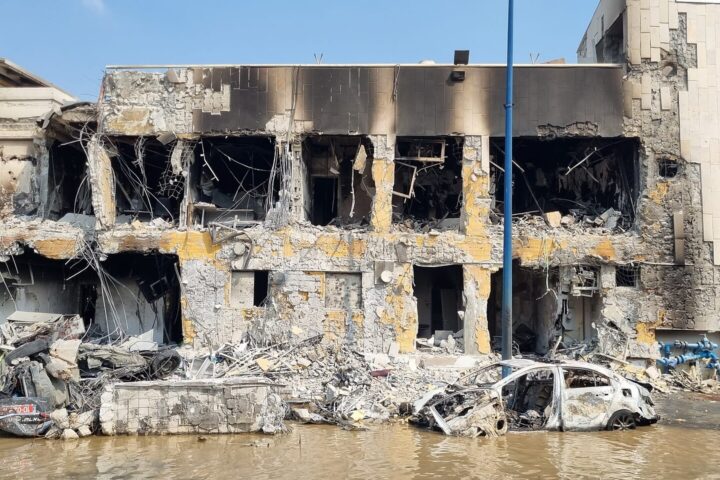Vladimir Putin has much to be proud of.
He has restored Russia as a first-class military power and, although per capita income at just above $10,000 (2020) leaves much to be desired, many people, particularly in the big cities, feel that economic and political stability is worth the political freedoms they have been deprived over the past two decades.
Some even suggest that many democracies fare even worse.
However, Putin’s row with the West, particularly after the annexation of Crimea in 2014, suggests he is not a man the western nations can do business with.
Like Stalin, he is ruthless, suspicious of everyone and more than willing to sacrifice the lives of others for his ambitions.
He has few enemies left alive or out of prison in Russia.
And like Stalin, his grip on power will more likely last till the end.
It would not be hyperbole to suggest that he is a dictator to be feared and contained.
Unfortunately, his neighbours (Georgia and Ukraine) know this all too well.
Russia’s recent military build-up along the border with Ukraine sparked fears that he might launch a new attack.
Sensing that America might not have the stomach to fight a conventional war with Russia, particularly after the fiasco in Afghanistan last summer and with his economy bolstered by higher oil and gas prices, he wants to test NATO’s willingness to put ground troops in the line of fire.
Putin is not worried about verbal guarantees made by NATO allies to protect Ukraine against possible Russian aggression.
Just as Hitler defied England’s and France’s guarantees to Poland in September 1939, so can Putin defy US guarantees to Ukraine.
He knows all too well that democracies have a hard time going to war, particularly for others.
That’s because they have a lot of explaining to their people why they should die for the sake of others who live hundreds and sometimes thousands of miles away.
On the other hand, economic measures threatened by the West, as described by Joe Biden last week, can affect the Russian economy, but they will not deter Putin from going to war if he so wishes.
His army has new weapon systems, good generals, and well-trained special forces.
But his regular army may prove his Achille’s heel.
Conscripts who make up the bulk of his army have never been Russia’s greatest military asset.
Since the Winter War with Finland, the Russian army proved vulnerable despite superior weapons and numbers.
If Russia invades Ukraine, it can do quite some damage with its air force, mobile artillery units and new missile systems.
But eventually, its infantry will have to attack and defend new ground inside Ukraine that will prove challenging since the army of Ukraine will be fighting against a foreign invader.
Perhaps Putin doesn’t care much about losses since he can control most of what’s reported in Russia, but foreign media can broadcast reality.
A short and swift victory is perhaps his best option to show the West that he means business and that sanctions do not deter him.
After all, he can trade with many countries anyway, perhaps even with Germany, the biggest gas importer of Russian gas in Europe.
Putin argues that he doesn’t like NATO getting too close for comfort.
Recent naval manoeuvres in the Black Sea and the increasingly close ties of Ukraine with the EU supposedly threaten Russian security.
But suppose the West allows autocratic leaders such as Putin to rule unopposed in the Black Sea and dictate to their neighbours with whom they can be allies or partners.
What stops others like China’s Xi Jinping expand their borders in the South China sea or threatening their neighbours?
Biden is doing a good job sending clear messages, but he will have to be ready to put his army where his mouth is.
Currently, the United States enjoys a strong economy and is no longer engaged in any major conflict that ties up forces and resources.
But there are enormous challenges developing worldwide, from the Pacific to the Black Sea.
Diplomacy is always the best way to resolve misunderstandings, but deliberate aggression demands almost always a military response.
The European Union can play a role in defusing the crisis with Russia and Ukraine by inviting both countries to join the Union with an association agreement and work out a solution for Crimea in the context of international law.
The West should back off in that case and give the option to Putin to opt for peace without losing face.
Other countries such as Turkey already enjoy an association agreement, and it looks like that’s as far as the relationship can go.
But it’s still beneficial to everyone.
Russia can double its GDP within 5-6 years, keep control of the region that used to be the USSR’s sphere of influence, and Putin can become a true hero to his people and a respected leader in the world rather than a pariah.
Cyprus
Cyprus enjoys good relations with both Russia and Ukraine.
Both countries receive massive investments through Cyprus, while the island attracts thousands of tourists every year from both.
An escalation of the political conflict into a military confrontation will spell disaster for the hotel industry as the currencies of both combatants will most certainly depreciate, thus making it expensive for ordinary Russians and Ukrainians to travel abroad.
Cyprus will find itself in an awkward situation if the EU demands new sanctions against Russia.
It’s a situation that no Cypriot government will want to deal with and risk severing ties with either economic partner that happens to be at war with each other.
Michael S. Olympios is an economist, business advisor, Editorial Consultant to the Financial Mirror

